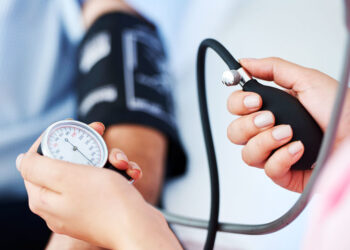Tension headaches happen from exposure to extreme stress, anxiety and tension. As per Dr Praveen Gupta, Principle Director and Chief of Neurology, Fortis Hospital, explained tension headaches – “Tension headaches are the most prevalent and are described as a throbbing or pulsating pressure or band-like discomfort that affects the forehead or the sides and back of the head. Headaches which are referred to as tension type are commonly described as experiencing a band that is tightly wrapped around the head.”
Tension headaches may be caused by stress, muscle tension, or bad posture. Tension headaches are usually caused by strained neck and scalp muscles. Here’s what you should know about this type of headache.
Tension headaches: Causes
Even though it is not known why tension headaches happen, some factors contribute to it. These are stress, muscle tension, poor posture, and eye strain that create many problems for the learners. Anxiety or depression can lead to tension headaches or worsen a headache.
Tension headaches: Symptoms
Tension headaches usually involve a mild to moderate level of pain that is usually termed constant head pressure or a vise-like constricting pain around the head. Tension headaches do not have the accompaniments of fatigue, nausea, vomiting, photophobia and phonophobia of migraines. Tension headaches can be more severely felt in the scalp, neck, and shoulder areas of the body.
Tension headaches: Treatment
Healthy changes to lifestyle, practices and medication are some of the treatment options to address tension headaches.
Stress management: Deep breathing exercises, meditation, and yoga are some of the activities that can help one to manage his/her stress.
Proper hydration: Dehydration is one of the contributing factors for tension headaches. We should ensure to stay adequately hydrated throughout the day.
Adequate sleep: It is important to have quality sleep. Healthy sleeping patterns can ensure that we wake up fresh and avoid such headaches.
Regular exercise: Not having a healthy workout routine can affect the body. We should incorporate a workout routine in our daily activities.
Healthy diet: Meals should be taken in right proportions, manner and in the right time to avoid hunger-related headaches.
Source:HT








 Finance
Finance







